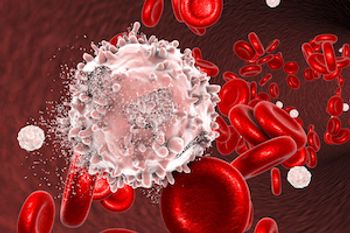
Since biosimilars gained a US approval pathway as part of the Affordable Care Act, these follow-on drugs have been widely seen as a key way to address the problem of high-cost biologic drugs. However, cost savings have been disappointing as only 12 biosimilar products have been approved to date, and just 4 have become commercially available. That’s a reality that led FDA Commissioner Scott Gottlieb, MD, to call the US market for biosimilars “anemic.”

















